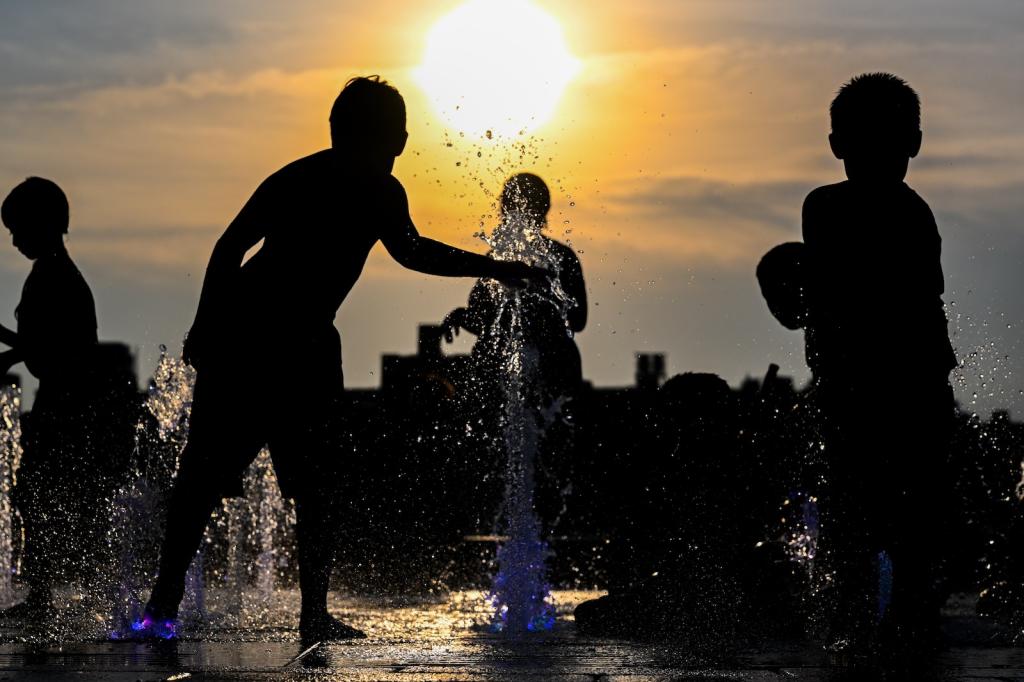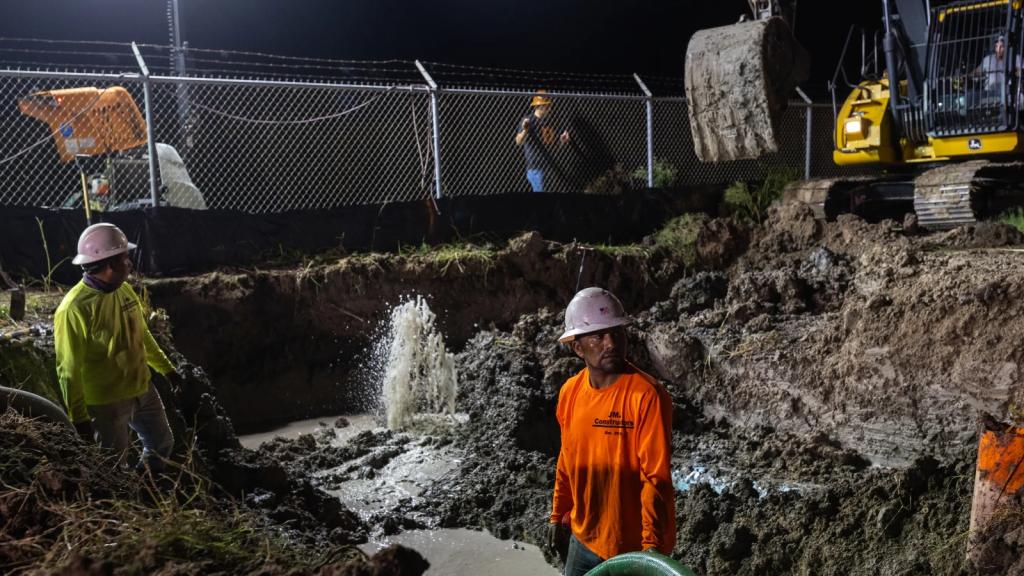NDJAMENA — Authorities in Chad are cracking down on the use of charcoal to save forests and keep the desert from advancing in the Saharan nation, but discontent is mounting over the tough measures.
Sanctions that began coming into effect in December include torching vehicles carrying charcoal and arresting people transporting the product, law-and-order officials say.
The measures have sparked an outcry among the poorest residents of this desolate west African country, who claim they cannot afford to buy gas to cook their daily meals. Some experts suggest Ndjamena should have eased more slowly into its environmental battle.
“One cannot change old habits overnight,” Brigitte Topinanty Dionadji, a government consultant, told AFP. “One must fight against desertification but there should have been awareness-raising campaigns and a transition.”
“Those affected are the most destitute,” she said.
But Chadian authorities argue they have no time to spare.
“Ndjamena and its surroundings are turning into desert. The forests must be saved,” said Communications Minister Mahamat Hissene.
Hissene said he planted eucalyptus trees during the 1970s in a region that is now bare of them.
“From Ndjamena to Massaguet (80 kilometres, 50 miles away), there is nothing left. We’ve had three seasons with no harvest,” he said.
Experts cite a growth in fuelwood consumption and particularly a shift to charcoal use in Africa, a trend carrying serious environmental consequences without proper management. In Democratic Republic of Congo’s Virunga National Park, home to the world famous mountain gorillas, for example, illegal charcoal traders have reportedly stripped forests to fuel a multi-million-dollar (euro) industry. Efforts in Senegal and elsewhere to shift from charcoal to other fuels have not always proved successful.
The fate of Chad’s new campaign remains equally uncertain. The charred carcasses of four minibuses still sit outside the capital Ndjamena, testament to a December order by Chadian authorities to burn vehicles carrying charcoal. Green, or unseasoned wood, is also banned, but seasoned wood is allowed.
But determining what wood is green and what wood is seasoned is problematic. Authorities manning a control post in the village of Chagwa found a simple solution — banning the sale of all fuelwood, an edict that has hard hit charcoal venders.
“We have lost about 60 million CFA francs (10,000 euros, 11.7 million dollars)” in stocks, despaired one merchant, Abderraman Gassra. “We have no more work. No means to live.”
But minister Hissene insists Chadians, particularly those in the capital, must curb their appetite for charcoal.
“1.5 million people live in Ndjamena. All these people are used to eating by consuming a lot of charcoal,” he said.
To soften the crackdown, the government is subsidising bottles of natural gas, which is now up to 50 percent cheaper than charcoal. Still, the poorest residents still cannot afford to switch, government consultant Topinanty Dionadji said.
“They buy smaller amounts … of charcoal for each meal. They live from day to day. How can they pay the security deposit for a bottle and gas for several days?” she asked.
Nonetheless, the shortage of charcoal and fuelwood has triggered a gas shortage as demand soars for the alternative. Buyers wait in long lines at vending points.
“I sell 400 bottles a day but I could sell 1,000 if I had them,” merchant Mahamat Malik said.
Minister Hissene is confident such problems will be resolved, pointing to a recently signed contract with a Nigerian gas importer.
“We will deal with these problems little by little,” he said. “But the carbon ban is unavoidable. If not, there will be desert.”


